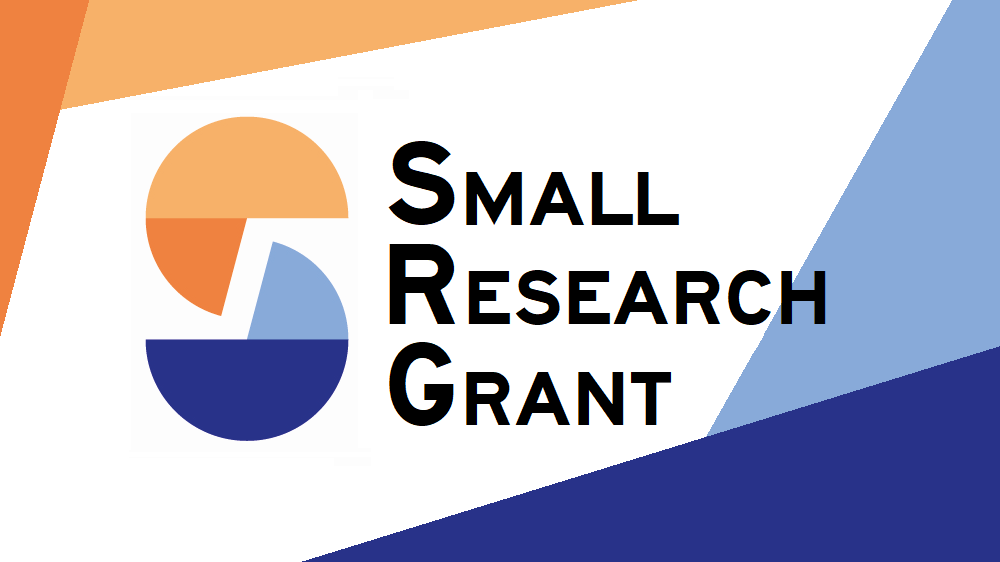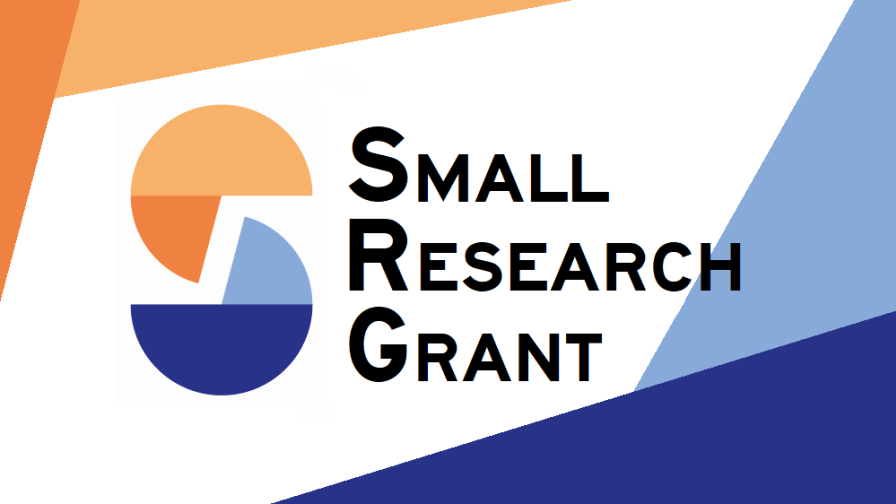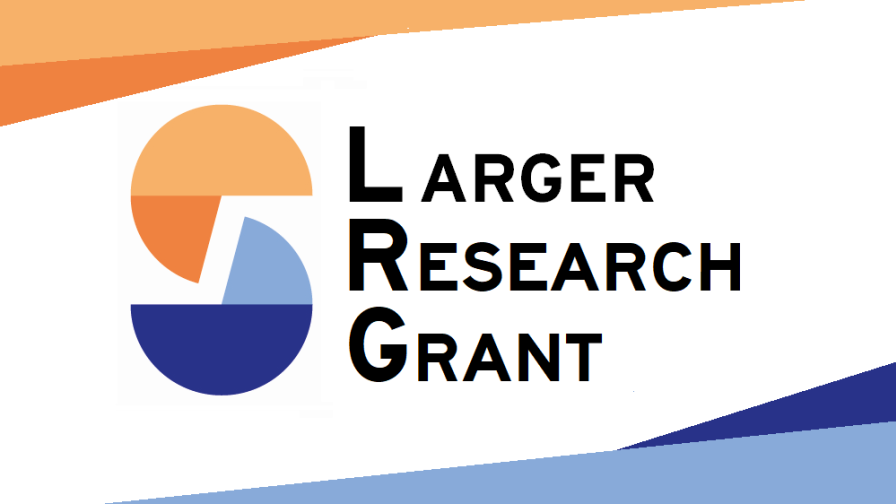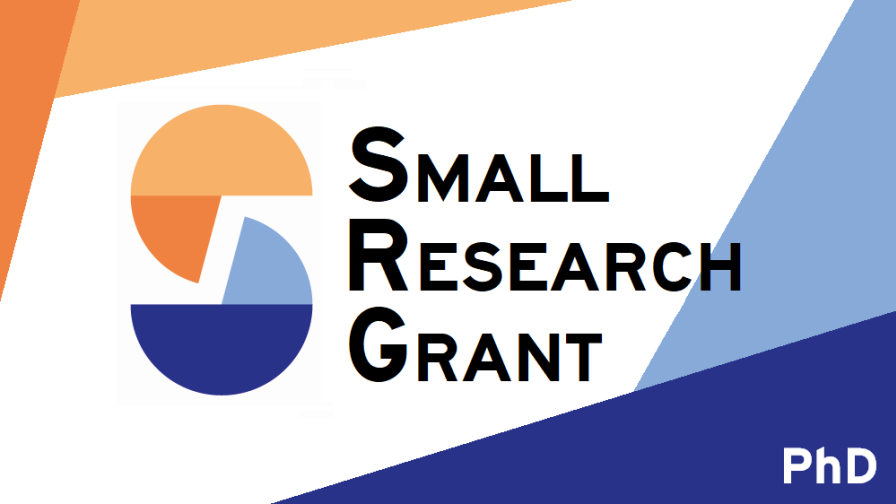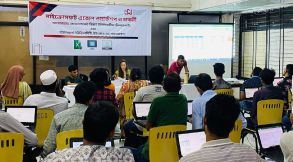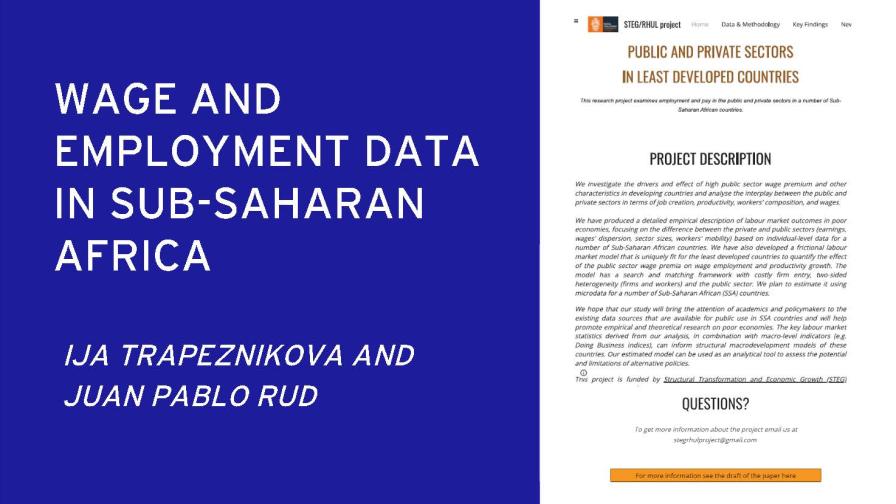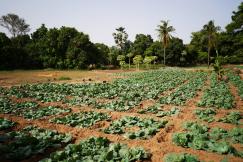The development of a country is associated with fundamental changes that affect how its citizens organize their economic lives. One of these changes is the structural transformation of the economy, the movement of workers from agriculture to manufacturing and services. The systematic increase in the education of the population is another crucial modern transformation. Furthermore, average hours of work vary substantially over time and across countries . Households in high-income countries also spend much less time for home production. The list can, of course, be expanded along other important dimensions associated with development: urbanization, self-employment, and marital status, to name a few.
This project has 3 main goals: by using household surveys from a large set of countries, the investigators aim to document how the share of agricultural employment, years of schooling, and hours worked differ along with the income distribution at different points of economic development. These novel cross-sectional facts will complement better known cross-country differences in average sectorial employment, schooling, hours worked, and inequality. Second, the study is building and estimating a model of structural change with heterogeneous agents that can account for these aggregate and cross sectional differences across countries. Lastly, this project uses the model economy to assess the relative effectiveness of economic growth and targeted policies, e.g., means tested transfers or education subsidies, to reduce poverty.
To achieve these 3 research goals, this project uses household surveys across 61 countries that have different levels of development. To obtain a comprehensive measure of income, the investigators are constructing a measure of agricultural income from detailed information on agricultural outputs and inputs. They also compute income from business activities outside the primary sector, and plan to build a model of structural transformation with heterogenous agents. The goal is to select the parameters to calibrate the model economy to match a set of moments for the US economy (today or on an earlier data such as 1950). Most importantly, the project replicates the income gradients of average total hours, average years of schooling, and the share of employment in agriculture. The next step is to conduct experiments to study how a lower aggregate or sectorial productivity impacts the model's aggregate and cross-sectional outcomes. The impact of growth on poverty can then be contrasted with policies that affect human capital accumulation or transfer programs that explicitly target the poor.
Economic inequalities and their consequences shape the economic and political debate around the world. By providing a clear set of robust facts on how the relation between a household's position in the income distribution and their decisions change with economic development, the project aims to stimulate a discussion on the sources of these differences and foster a constructive policy debate. Furthermore, the project aims to contribute to a better understanding of global poverty by highlighting the role of growth vs. public policies in combatting poverty.
